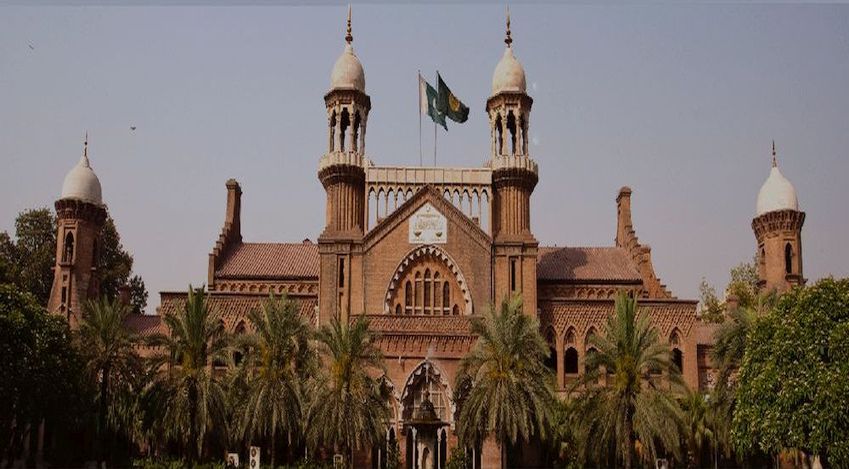Insufficient Evidence for Harsh Penalty --- Lahore High Court Reduces Sentence of Life Imprisonment to 10 Years Imprisonment with Diyat
Islamabad 11-11-2024: In a recent judgment, the Lahore High Court reclassified a murder conviction from Qatl-i-Amd (intentional murder) to Qatl Shibh-i-Amd (unintentional homicide), significantly altering the sentence of Shahid Ali alias Makhi. Originally sentenced to life imprisonment under Section 302(b) of the Pakistan Penal Code (PPC) for the murder of Muhammad Ijaz, the appellant will now serve a revised sentence of 10 years under Section 316 PPC and pay the current diyat amount.
Shahid Ali was initially convicted by the Additional Sessions Judge, Lahore, for the murder of Muhammad Ijaz in a case filed under Sections 302 and 34 PPC. The trial Court sentenced him to life imprisonment, with an additional order to pay Rs. 200,000 in compensation to the deceased’s legal heirs. Dissatisfied, Shahid Ali appealed the verdict, claiming innocence and suggesting that the deceased died from natural causes rather than an assault.
The defense argued that Shahid Ali was wrongfully implicated due to personal enmity, and the deceased’s death was a result of heart complications, not an intentional assault. Additionally, the appellant highlighted a 17-hour delay in conducting the autopsy, suggesting that this gap allowed the prosecution to fabricate evidence.
Upon reviewing the case, the Lahore High Court scrutinized the testimonies of key witnesses and the medical evidence presented, which indicated multiple injuries on the deceased’s body. However, the Court found that while the appellant’s actions led to the death of Muhammad Ijaz, there was insufficient evidence of premeditation to justify a life sentence for intentional murder.
In its judgment, the Lahore High Court held that the appellant’s actions constituted Qatl Shibh-i-Amd, an offense involving unintended homicide resulting from acts not typically fatal. Consequently, the Court modified the conviction to Section 316 PPC, reducing the appellant’s sentence to 10 years of rigorous imprisonment. Additionally, Shahid Ali was ordered to pay diyat at the current fiscal rate, set at Rs. 8,103,955, to the legal heirs of the deceased.
The judgment draws upon several key legal precedents, emphasizing that a delay in autopsy does not necessarily weaken a prosecution’s case, provided the FIR is registered promptly. The Court also reaffirmed the rarity of witness substitution in cases involving the death of a close relative, referencing rulings such as Muhammad Bashir Vs. The State and Muhammad Akram alias Akrai Vs. The State.
Powered by Froala Editor








